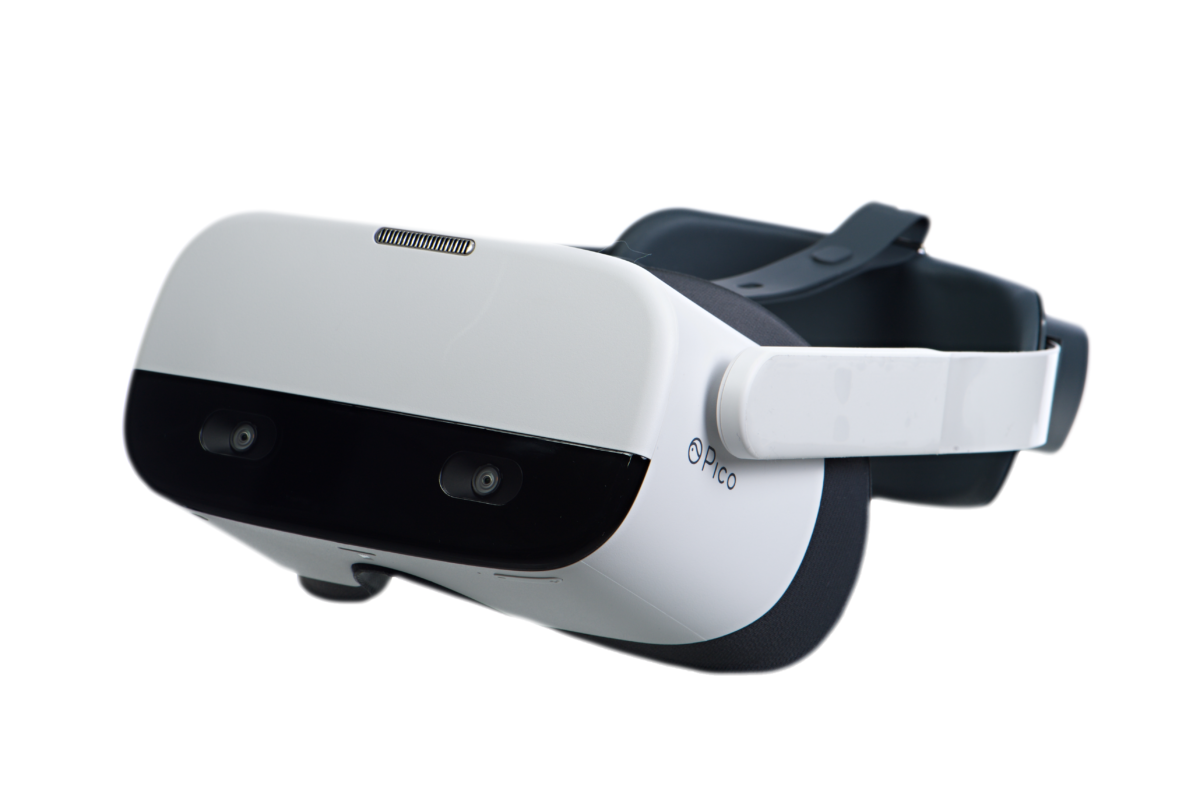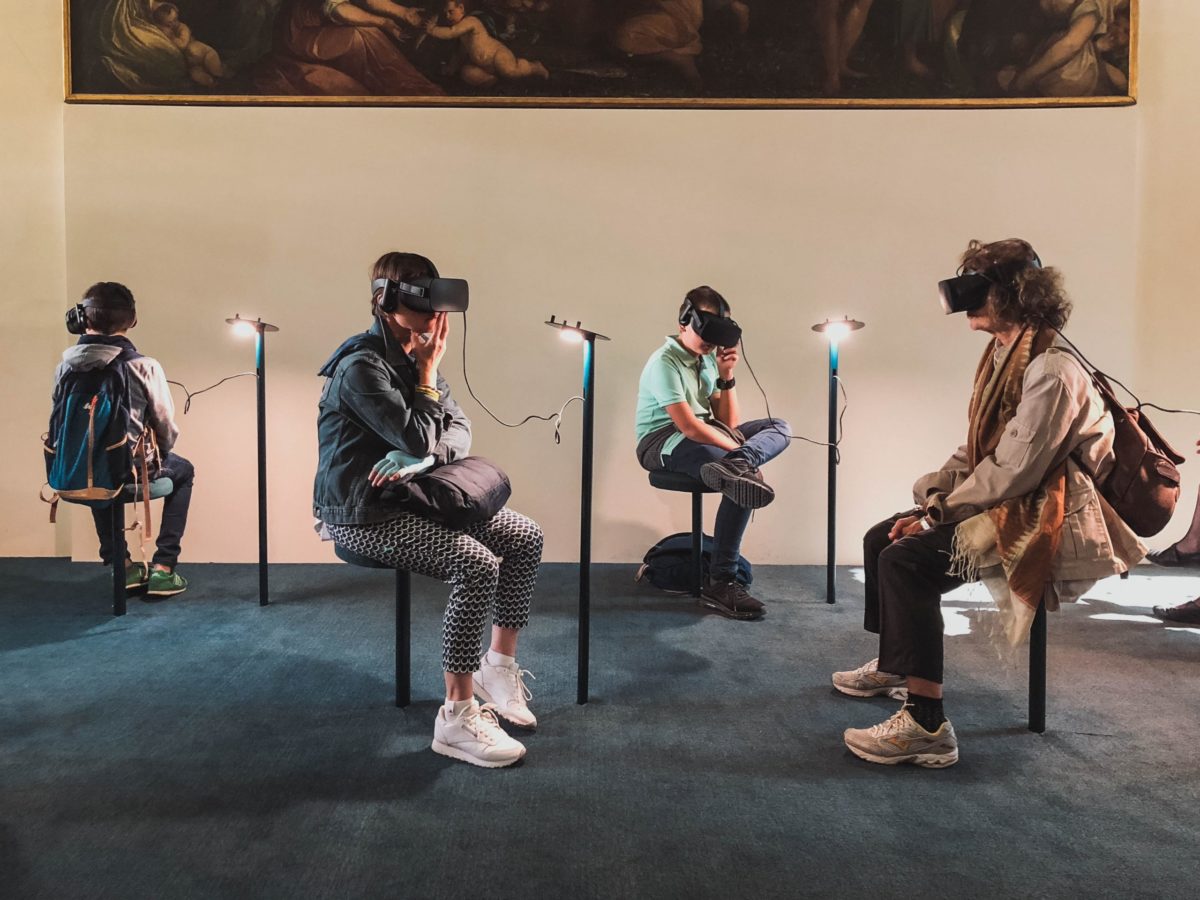Companies perform best when their employees are properly trained, connected, and aligned with the vision and culture. The distribution of VR content brings siloed teams together, enhances empathy, puts employees in another person’s shoes, and places workers in environments they’ve never been before. These experiences enhance retention rates, deepen comprehension, and improve worker satisfaction, contributing to a happier and more competent workforce.
While, in the past, the use of virtual reality for enterprise has mostly focused on training for industry-specific tasks, there are far more uses now for this technology. Emerging VR content provides companies with the capability to not only standardize experiences, but also master these areas of a business.
We’ll examine the many ways companies can use VR to strengthen culture within their organization, and how using a content management system (CMS) to create, manage, and distribute content, will help businesses achieve these goals.
Using VR To Establish Culture
VR content has the ability to totally immerse your workforce in environments and situations they’ve never been in before. From completing exercises to develop empathy, to meeting virtually with otherwise-isolated team members, VR content has the ability to create meaningful shifts in the way we think and conduct business with each other.
Developing Empathy
VR training has the ability to make healthcare workers more empathetic, so they can quickly identify problems and appropriately respond to their patients.
Georgetown University Medical Center began using Embodied Labs’ VR software to place themselves in the shoes of an elderly person experiencing signs of memory loss due to dementia. While training within the 3D video, users engage with simulated family members to experience what it’s like to be unable to hear or recognize familiar faces, deepening their understanding of what it’s like to live with dementia.
Bodyswaps® – The VR and mobile platform for soft skills training is a complete soft skills learning solution that allows learners to practice difficult conversations in their own words and then swap bodies virtually to watch yourself from the other person’s perspective. The purpose is to develop empathy and self-reflection skills.
Creating Inclusivity in the Workforce
The distribution of VR content and experiences have the power to open our eyes to the experiences of others, and to examine our own behavior, creating a more inclusive workplace environment for all.
Stanford and Columbia University partnered to create an immersive 12-minute VR experience called ‘1,000 Cut Journey’, in an effort to combat racism.
In the ‘1,000 Cut Journey’, users are shown what discrimination feels like as they experience the existence of a marginalized person living their daily life. These VR videos can have a profound impact on an organization’s inclusivity and diversity training.
Connecting Isolated Teams and Team Members
Establishing strong company culture within remote teams can be a challenge. It’s crucial that employees understand their company’s vision, values, and protocols. But how does this sense of culture reach people working home alone?
Luckily, there are numerous VR tools being developed to improve communication and team building within remote teams. In these shared virtual workspaces, employees can have their avatars meet and interact with each other, shake hands, and even access shared files, using the virtual space as a centralized repository. VR content distribution provides much more than video conferencing can, and the benefits are profound.
Onboarding Virtually in a Personalized Way
VR training and immersive 360° videos allow new employees to walk around locations they’ve never been before, while also giving them a personalized interaction with their company’s leadership and/or customers.
Honeygrow, a healthy eating restaurant chain, produced a 360° video and immersive VR training exercise to help onboard new hires. Inside the video, new employees watch a personalized introduction from the company’s CEO as he talks about the company’s values. Further VR training includes interactive games, such as moving items into their proper place in a walk in refrigerator.
Improve Employee Wellness and Performance with Meditations
With 80% of employees feeling stressed on the job, and nearly half saying they need help managing that stress, it is becoming more and more clear how important it is to focus on employee wellness. VR creators like Solas VR are making it easier than ever to boost employee satisfaction (and productivity) with their VR offerings including ‘The Meditation Space’, ‘The Wisdom Space’, and ‘The Breathing Space’. With Solas VR, organizations will see an improvement among employees in their open-mindedness, cognitive ability, and focus/clarity.
The Importance of Distribution of VR Content for Culture
So, you’ve determined that you’re interested in the power of VR and want to start incorporating this technology into your company’s culture.
This is where many companies hit a bottleneck, unsure of the next steps to turn the idea into a reality.
How do you get people in your organization to engage with the content? Where does the content come from? Who develops the VR software? What VR hardware and software do you need to download to distribute the content to your workforce? And lastly, can this VR content scale across an enterprise?
These are all great questions. Luckily, we’ve developed the only VR content solution your organization will ever need to create, distribute, license, and manage VR content to your workforce.
Introducing PIXO Apex™
PIXO Apex™ is a proprietary, first of its kind platform that allows enterprise clients the ability to access, distribute, and manage all their VR content with one secure, user-friendly, cloud-based solution.
Using PIXO Apex™’s Control Center, clients create their organization’s structure and securely distribute VR content, including virtual, augmented, and mixed reality, across one or more enterprises.
Distributing and assigning VR content to thousands of end users is easier than ever, offering a scalable solution for enterprises looking to train large workforces efficiently.
Our Content Library features safety and compliance training modules for construction workers, first responders, utility workers, and more, with additional titles being developed. In addition, the library also includes Meditation and Mindfulness modules and soft skills training, including Workplace Communications, Inclusive Leadership, Customer Experience and Job Interviewing Skills is coming soon.
Need content custom to your enterprise? Reach out to find out how PIXO can help you to create training specifically tailored for your needs.
Third-party VR developers can also use PIXO Apex™ as a secure way to distribute and license their software to companies in need of VR content. Apex™ supports both Unreal Engine and Unity builds.
Getting Started with VR Content Distribution
VR content has the power to influence your company’s culture and operations in a meaningful way. From skills training exercises and employee onboarding, to HR practices, VR is an emerging tool that will be relied on more heavily in the following years to connect and educate the workforce.

PIXO Has Improved VR Management to One Easy Step

